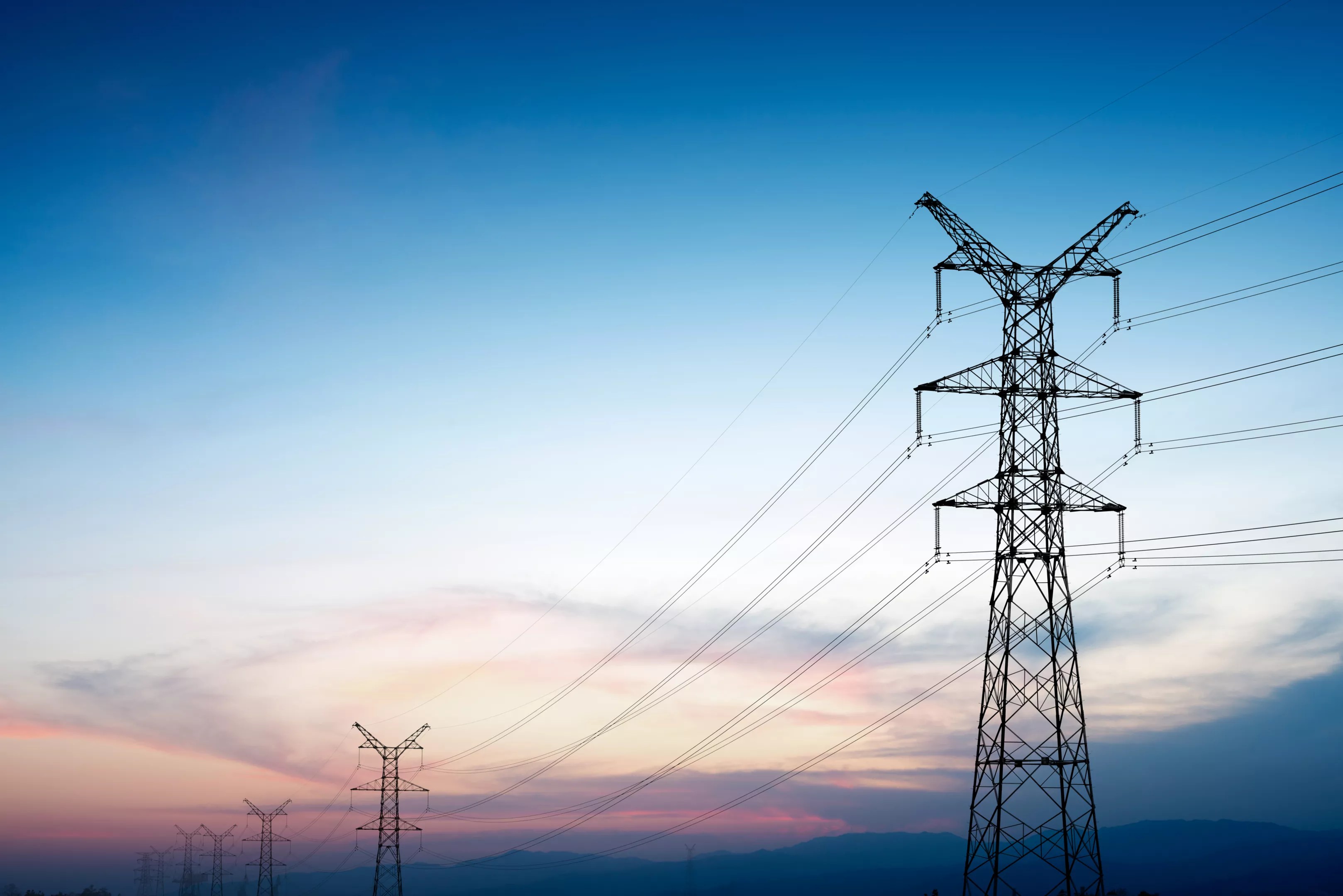
Adobe Stock

Audio By Carbonatix
Much has been said in recent months about the need to fortify Texas’s power grid, with the Electric Reliability Council of Texas (ERCOT) warning that the Lone Star State could find itself short on power as soon as 2027.
ERCOT’s startling forecasts have inspired legislators to call for strengthening Texas’ power grid, but researchers at the Atlantic Council, a think tank with expertise in international affairs, believe recent federal tariffs on Mexico could stunt that plan.
More than half of the goods imported into the U.S. from Mexico are subject to a 25% tariff, and some industries, like the auto industry, are already responding with price increases. According to the Atlantic Council, Mexico is a major manufacturer of transformers, a product suffering from a global shortage because of supply chain issues.
Texas is the top U.S. importer of transformer units from Mexico. While President Donald Trump has justified tariffs by arguing that American-made goods should be prioritized, the U.S. can only make a sliver of the transformers it needs. The study warns that if unchecked, tariffs could exacerbate a critical bottleneck in the transformer supply, hindering new electricity generation and transmission. The group also believes the transformer shortage could affect construction costs and recovery after extreme weather events.
This year, make your gift count –
Invest in local news that matters.
Our work is funded by readers like you who make voluntary gifts because they value our work and want to see it continue. Make a contribution today to help us reach our $30,000 goal!
“In a worst-case scenario, the tariffs are planting the seeds of another calamitous – and potentially deadly – electricity outage,” the study states. “If Texas is unable to construct new incremental electricity generation – particularly for peak summer demand – Houston and the entire state could be plunged into crisis after crisis. Unreliable power is sure to drive away businesses.”
As if that weren’t bad enough, Home Energy Club, a company that markets retail electricity plans, predicts this strain on power will show up on your bill this summer.
According to a recent study, tariffs’ effect on infrastructure development timelines, component costs and grid reliability development will eventually be passed on to consumers, contributing to an average $290 increase in annual electric payments for Texas households. That price increase could be especially costly for lower-income families, who devote a significantly higher percentage of their monthly income to their electric bill than higher-income households.
The study anticipates that once the tariffs on Mexico are passed down to consumers, low-income families could find themselves contributing 9.3% of their income to their electric bill compared to 4% for middle-income homeowners and 2.5% for high-income households.
“This energy burden disparity means that while luxury homes may see higher absolute dollar increases due to greater consumption, the relative economic impact is significantly more severe for lower-income Texans with less financial flexibility to absorb these additional costs,” the study says.